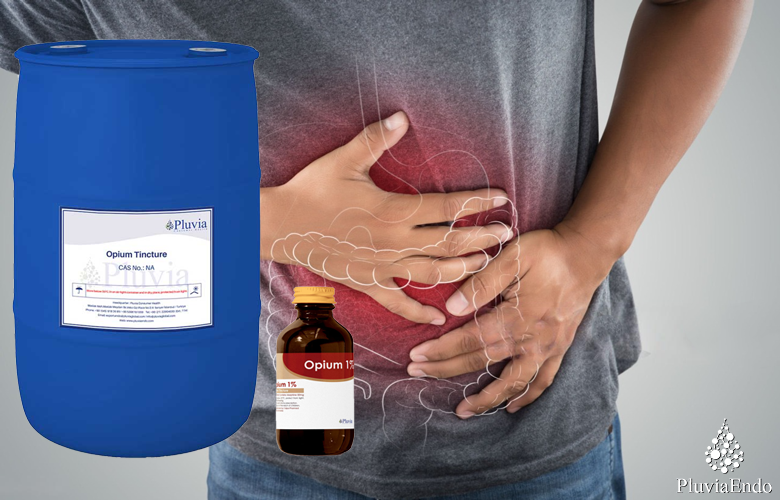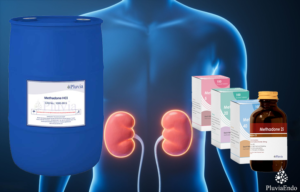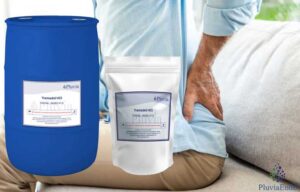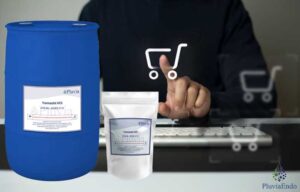Liquid opium, particularly in its tincture form known as laudanum, has been used for centuries in various medicinal applications. One of its notable uses is in the treatment of diarrhea, a condition that can lead to severe dehydration and other complications if not managed properly. This blog post will explore the efficacy of opium in treating diarrhea, its mechanisms of action, potential risks, and the role of manufacturers like Pluvia Endo in providing this pharmaceutical product.
Historical Context and Composition
opium is derived from the opium poppy (Papaver somniferum) and contains several alkaloids, including morphine and codeine. Historically, laudanum was a common remedy for various ailments, including diarrhea. Its formulation typically consists of approximately 10% powdered opium by weight, equivalent to about 1% morphine. The tincture is prepared by dissolving opium extracts in ethanol, making it a potent solution for managing gastrointestinal issues.
During the 19th century, liquid opium gained popularity as an effective treatment for diarrhea, particularly during cholera outbreaks. Its ability to inhibit gastrointestinal motility made it a valuable option when other treatments failed. Today, while more modern medications exist, liquid opium remains a prescription option for severe cases.
Mechanism of Action of Liquid Opium
The primary mechanism by which liquid opium treats diarrhea involves its effects on the gastrointestinal system. The alkaloids present in opium interact with opioid receptors in the gut, leading to decreased peristalsis—the wave-like muscle contractions that move food through the digestive tract. This reduction in motility allows for increased absorption of fluids and electrolytes from the intestinal contents, thereby alleviating diarrhea.
Additionally, liquid opium can help reduce abdominal cramping associated with diarrhea by relaxing smooth muscle tissue. This dual action—slowing down gut movement and relieving cramping—makes it particularly effective for treating acute diarrhea caused by infections or other irritants.
Clinical Efficacy of Liquid Opium
Numerous studies have assessed the efficacy of liquid opium in treating diarrhea. While many modern alternatives, such as loperamide (Imodium), are available, healthcare providers still prescribe a liquid form of opium when these options are ineffective or contraindicated. Clinical data indicate that laudanum can significantly reduce stool frequency and improve overall patient comfort in cases of acute diarrhea.
However, healthcare providers generally reserve the use of liquid opium for situations where other treatments have not provided relief. This is partly due to its potential side effects and the risk of addiction associated with opioid use. Physicians often weigh these risks against the benefits when considering opium as a treatment option.
Risks and Considerations
While liquid opium can be effective in managing diarrhea, it is not without risks. The primary concern is its potential for addiction and dependence. Prolonged use can lead to tolerance, requiring higher doses to achieve the same therapeutic effect. Additionally, abrupt cessation after long-term use can result in withdrawal symptoms.
Patients must be closely monitored when using liquid opium to manage diarrhea. Healthcare providers typically recommend gradually tapering the dosage rather than sudden discontinuation to mitigate withdrawal effects. Furthermore, healthcare providers should exercise special caution when treating vulnerable populations such as the elderly or those with pre-existing conditions that may exacerbate side effects.
Role of Pluvia Endo
Pluvia Endo is a notable manufacturer of pharmaceutical liquid opium tincture products, including laudanum. Their commitment to quality control and adherence to regulatory standards ensures healthcare providers have access to safe and effective formulations for treating conditions like diarrhea. By providing reliable products, Pluvia Endo is crucial in maintaining therapeutic options for patients who may not respond to conventional treatments.
Pluvia Endo also offers liquid opium in convenient bottle form, specifically as opium tincture. Opium bottle is designed for oral administration and is an important option for treating various medical conditions, particularly diarrhea.
Conclusion
In conclusion, liquid opium remains an important option in the pharmaceutical arsenal for treating diarrhea, especially when other medications fail. Its efficacy stems from its ability to reduce gastrointestinal motility and alleviate cramping. However, healthcare providers must carefully consider the risks associated with opioid use before prescribing this treatment.
As we explore various therapeutic avenues for managing diarrhea, we cannot overlook the historical significance and clinical utility of liquid form. Manufacturers like Pluvia Endo ensure that this age-old remedy remains available under strict medical supervision, providing an essential tool for healthcare professionals facing challenging cases of diarrhea. Ultimately, while modern alternatives exist, liquid opium retains its place in medicine as a viable option when used judiciously and responsibly.







